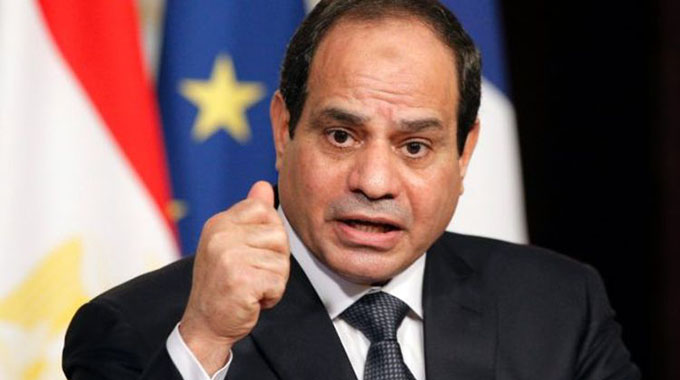Measles: WHO raises alarm over 300 percent rise in cases
GENEVA. – The World Health Organisation has raised alarm over a 300 percent increase in the case of measles globally in the first quarter of 2019 compared with last year.
The statement by the United Nations’ health agency comes as health experts in various parts of the world blame a growing anti-vaccination movement for the rise in outbreaks of the highly contagious but preventable disease.
The WHO said on Monday that the early trends for 2019 likely underestimated the severity of the outbreaks since only about one in 10 actual measles cases was reported. “Many countries are in the midst of sizeable measles outbreaks, with all regions of the world experiencing sustained rises in cases,” the WHO said.
So far this year, 170 countries have reported 112,163 measles cases to WHO. At this time in 2018, 163 countries had reported 28,124 cases.
“Spikes in case numbers have also occurred in countries with high overall vaccination coverage, including the United States,” the WHO said.
“The disease has spread fast among clusters of unvaccinated people,” it added.
New York City’s mayor declared a public health emergency in parts of Brooklyn last week after a measles outbreak emerged in an ultra-Orthodox Jewish community, where some had resistedvaccination on religious grounds.
The WHO said that the most dramatic rise in cases – a 700-percent increase compared with last year – has been reported on the African continent, which has weaker vaccination coverage than other regions.
Meanwhile, Madagascar fears that a measles epidemic has killed more than 1 200. As Madagascar faces its largest measles outbreak in history and cases soar well beyond 115 000, resistance to vaccinating children is not the driving force.
In Madagascar, many parents would like to protect their children but face immense challenges including the lack of resources.
Just 58 percent of people on Madagascar’s main island have been vaccinated against measles, a major factor in the outbreak’s spread. With measles one of the most infectious diseases, immunisation rates need to be 90 to 95 percent or higher to prevent outbreaks.
On a recent day the Iarintsena health centre’s waiting room was full, with mothers sitting on the floor and others waiting outside in the overwhelming heat. Two volunteer nurses and a midwife tried to respond to the demand.
Nifaliana Razaijafisoa had walked 15km with her 6-month-old baby in her arms.
“He has a fever,” she said. “I think it’s measles because there are these little pimples that have appeared on his face.” The nurse quickly confirmed it. “I’m so scared for him because in the village everyone says it kills babies,” Razaijafisoa said.
The measles outbreak has killed mostly children under age 15 since it began in September, according to the World Health Organisation.
“The epidemic unfortunately continues to expand in size” though at a slower pace than a month ago, said Dr. Dossou Vincent Sodjinou, a WHO epidemiologist in Madagascar. By mid-March, 117 075 cases had been reported by the health ministry, affecting all regions of the country.
Some cases of resistance to vaccinations exist because of the influence of religion or of traditional health practitioners but they are isolated ones, he said.
This epidemic is complicated by the fact that nearly 50 percent of children in Madagascar are malnourished.
“Malnutrition is the bed of measles, ” Sodjinou said.
Razaijafisoa’s baby weighs just 5kg.
“This is the case for almost all children with measles who have come here,” said Lantonirina Rasolofoniaina, a volunteer at the health center.
Simply reaching a clinic for help can be a challenge. Many people in Madagascar cannot afford to see a doctor or buy medicine, and health centres often are understaffed or have poorly qualified workers.
As a result, information about health issues can be unreliable. Some parents are not aware that vaccines are free, at least in public health centres.
Measles – an airborne infection causing fever, coughing and rashes that can be deadly in rare cases – had been officially eliminated in many countries with advanced healthcare systems.
But the so-called anti-vax movement – driven by fraudulent claims linking the MMR vaccine against measles, mumps and rubella, and risk of autism in children – has gained traction.
Repeated studies – the most recent involving more than 650,000 children monitored for more than a decade – have shown that there is no such link.
But according to the WHO, global coverage for the first vaccine dose has been “stalled” at 85 percent, while 67 percent of people have received the second dose.
Calls have mounted in several countries to make measles vaccinations mandatory, including in Germany.
Australia earlier this month launched a major education campaign to encourage residents to get vaccinated.
Turning the tide against measles will require “effective public-facing communication and engagement on the critical importance of vaccination, and the dangers of the diseases they prevent”, the WHO said. – News agencies








Comments